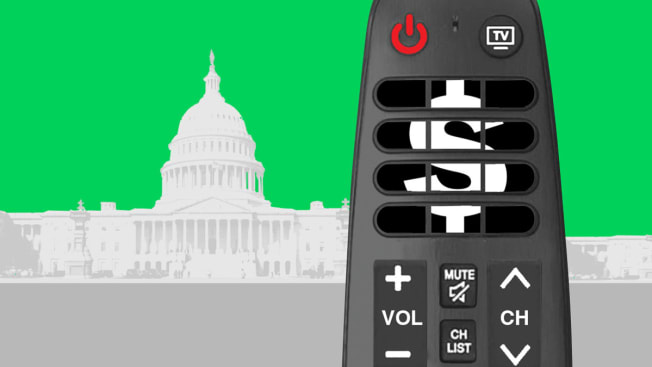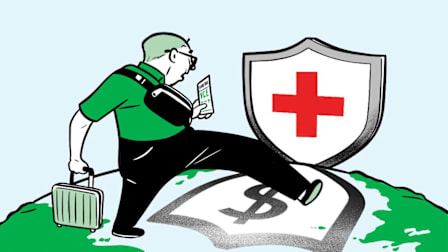Building a Better World, Together

Join with us to make a safer, fairer, healthier marketplace.
Fighting Junk Fees
If you’re tired of being surprised by mysterious fees on your cable bill, there may soon be good news. The Federal Communications Commission has proposed a rule that would require pay TV companies to provide consumers with up-front “all in” pricing of their services, including charges such as “broadcast TV” and “regional sports” fees that consumers often don’t learn about until their bills arrive.
Hidden fees like these make it difficult for consumers to stick to their household budgets, and almost impossible for them to shop around for the best deals. That’s why CR has been advocating for pricing transparency and the elimination of so-called junk fees across many industries.
The FCC’s proposal cited CR’s 2019 “What the Fee?!” report, which raised the alarm about the proliferation of company-imposed fees on cable and satellite TV bills. Based on an analysis of almost 800 cable bills collected from consumers across the country, that report determined that hidden fees add what amounts to a 24 percent surcharge on top of advertised prices. CR is urging the FCC to adopt the proposal and will participate in the FCC proceeding as it moves forward.
CR is also calling on Congress to pass the Junk Fee Prevention Act, a broader measure that would, among other things, require hotels and event ticket sellers to disclose all fees up front, require airlines to let kids sit next to a family member at no extra charge, and save consumers up to $9 billion a year in credit card late fees.
You can support our efforts by adding your signature to CR’s Let’s End Junk Fees Now! petition.
$450
Average annual amount paid per customer for company-imposed cable fees not included in advertised prices.
CR Cable Bill Report 2019
Auto Safety Update
In June, CR auto testers discovered a serious safety issue: The brake lights on certain Genesis, Hyundai, and Kia electric vehicles sometimes did not illuminate when the cars decelerated while a feature called one-pedal driving was in use. Within weeks, Genesis, Hyundai, and Kia said they’d be rolling out a fix by the fall. (CR found that some Mercedes EVs have a similar problem, which the company has not yet addressed.) We’re now calling on the National Highway Traffic Safety Administration to update safety standards to make it clear that brake lights must illuminate when a car rapidly decelerates.
Safer Online Shopping
What’s at stake: Online marketplaces that offer a platform for third-party sellers to hawk their goods can be rife with counterfeits— many of which can pose serious dangers to consumers— including bike helmets, water filters, auto airbags, and even medications.
Compounding the problem, consumers often lack the basic information necessary to make smart decisions about buying products on these platforms, including the sellers’ identity, where the products are made, and what materials they’re made with.
What CR is doing about it: CR has long pushed to hold companies more accountable for the goods sold on their platforms, and to make those platforms more transparent so that consumers can better protect themselves. In 2020, for example, we testified at a House hearing on fake and unsafe products. And in 2021 we endorsed the INFORM Consumers Act, which targets the sale of counterfeit goods—and later delivered some 38,000 consumer signatures in support of the legislation to members of Congress.
The bill passed in 2022 and went into effect June 27. Among other provisions, it requires e-commerce websites to display identifying information about third parties that sell a high volume of goods on their platforms, to suspend sellers that don’t supply that information, and to offer a clear way for consumers to report suspicious conduct. CR is now pushing for additional rules that would require online marketplaces to take greater responsibility for the safety of products sold by third-party sellers.
What you can do: See CR’s tips on how to avoid buying counterfeit goods online.
Editor’s Note: This article also appeared in the October 2023 issue of Consumer Reports magazine.




